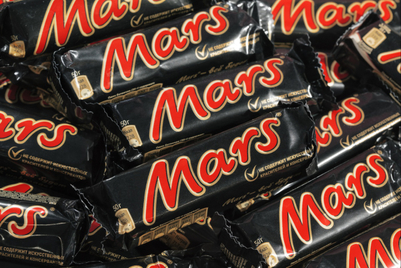
My first job was that of a data analyst. Not the most glamorous job in the world and being a junior data analyst, not many people spoke to you. But I loved it, as it allowed me to see into people’s lives. As my career developed my passion for data grew. Geo demographics, psychographics, mapping, segmentation, cluster grouping and then came digital.
Dataholics stood up and cheered. Information was everywhere and could be had in 24 hours or in real time. People talked dashboards and compared dashboards, and bragged about dashboards. So much data. Many companies actually wondered why they were doing online marketing and whether it was necessary. Then they understood the reality, the world had changed, digital had given the consumer a voice, an empowering voice, one that could not be censored, one that had influence and built followings. The dawn of social media.
Today we can see what people are saying about our brands, we can monitor the influences in their lives, look at what makes them angry, what makes them cry and laugh, and what incites them to participate in not only the digital world but also the real world. Data is no longer daunting or boring, well not if you live by the maxim 'a picture tells a thousand words' and embrace infographics.
What are infographics? Infographics are visual representations of information, data or knowledge. In their simplest form they surround us everyday. A stop sign is an infographic, a train map is an infographic and Google maps is an amazing infographic. But take them into the commercial world of advertising and they become super powerful.
Look at Gatorade’s Mission Control, they are mapping out conversations and linking the key words like neural networks. How much data would you have to read through to get that picture?
Companies are also commercialising infographics. Why? Because they are one of the hottest items to be retweeted and mentioned on Twitter and Facebook. They are great for comparing or arguing one case against another. Look at the iPhone vs Android argument at Mizozo.com. It’s very clever and very good.
Infographics enable a complex or detailed story to be told in a matter of seconds or minutes. You immediately get the picture and they are great if you need a crash course in something.
But they don’t have to be static pictures, imagine the research study on your desk as a movie, a documentary that compared the lives of your existing consumer and your prospective consumer. Take your customer pyramid. Mass market at the bottom driving low value sales and niche market at the top driving high value sales. What does that niche market look like? What is important in their lives? What emphasis do they place on all the different media they consume and what time do they spend consuming it? What content are they passively reading and what content are they actively participating in.
Now I am not talking about a monologue from an individual. I am talking about visualising all those different data sources and bringing them together in a three-minute documentary. How easy would it be to get a decision to change a behaviour, to shift the emphasis of a budget, or get the real insight into an issue alluding the success of a company?
Well I don’t promise to solve your problems overnight, but I do promise people will sit up and listen and want to know more. Try it, it works.


.jpg&h=334&w=500&q=100&v=20250320&c=1)


.jpg&h=334&w=500&q=100&v=20250320&c=1)
.jpg&h=334&w=500&q=100&v=20250320&c=1)


.png&h=334&w=500&q=100&v=20250320&c=1)






.png&h=268&w=401&q=100&v=20250320&c=1)

